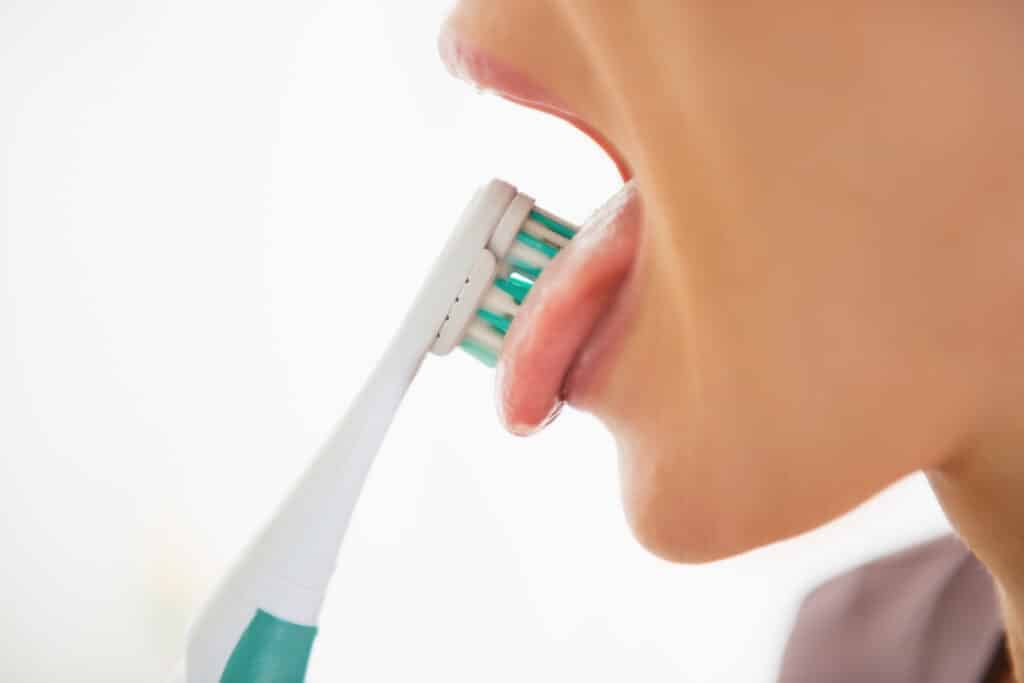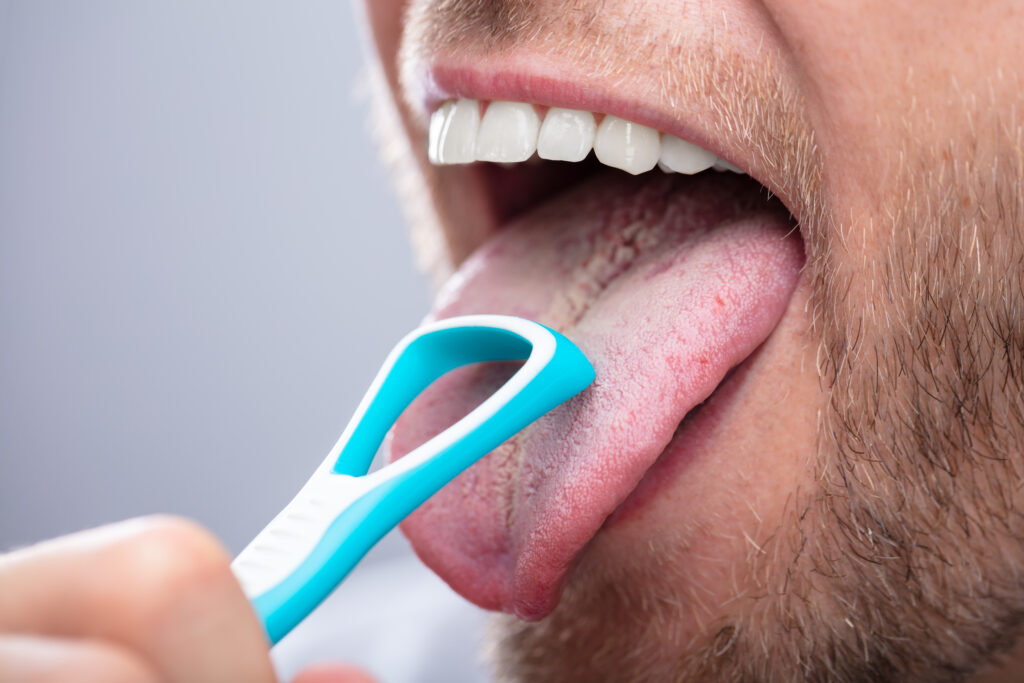Toothaches are unwelcome visitors in anyone’s life, disrupting daily routines, making it difficult to eat, and even interrupting sleep. Whether the discomfort is caused by a cavity, sensitivity, gum disease, or trauma, finding relief from tooth pain is a top priority.
If toothaches are hindering your quality of life, keep reading to learn how to navigate the discomfort and hopefully find relief. In this blog post, we’ll delve into a variety of solutions, including a wide range of both at-home remedies and professional dental treatments.

Causes of Toothaches
Before we get into toothache treatments, it’s essential to first understand some of the causes of tooth pain. When you’re able to recognize possible underlying issues contributing to your discomfort, you can more effectively determine which pain relief strategies will provide the greatest relief, restoring your happy, healthy smile.
Some toothache causes are more obvious — new molars coming in, a loose baby tooth, or newly adjusted braces — while some are harder to pinpoint. Some additional causes of tooth pain include:
- Cavities and decay: Tooth decay is one of the most common causes of toothaches. When plaque accumulates on the surface of the teeth, it produces acids that erode the enamel, leading to cavities and decay. This exposes the sensitive inner layers of the tooth, causing pain.
- Gum disease: Different forms of gum disease, including periodontitis and gingivitis, can contribute to toothaches. In its advanced stages, gum disease deteriorates the tissue that supports the teeth, resulting in tenderness and discomfort.
- Tooth sensitivity: Some individuals experience pain due to tooth sensitivity, which may be a result of the porous tissue beneath the enamel, also known as dentin, becoming exposed. Sensitivity can be triggered by hot or cold foods or beverages.
- Cracked or fractured teeth: Teeth grinding (bruxism), trauma, or biting into hard objects can cause cracks or fractures in the teeth, leading to toothaches. In some cases, the pain can be intermittent, which makes it difficult to identify the root cause of discomfort.

At-Home Remedies
If you’re experiencing tooth pain, there are many home remedies you can try to alleviate your discomfort.
#1. Saltwater Rinse
Saltwater rinses are one of the simplest yet most effective at-home remedies for tooth pain. Create a mouthwash by mixing one teaspoon of salt into a glass of warm water, swish it around your mouth, and then spit it into the sink. This helps reduce inflammation and cleanse the affected area.
#2. Cold Compress
Wrap an ice pack or bag of frozen vegetables in a towel to make a cold compress and apply it to the outside of your cheek near the affected tooth to numb the area and reduce swelling.
#3. Cloves or Clove Oil
In addition to being a popular spice, cloves have natural anti-inflammatory and analgesic properties. For temporary pain relief, you can try chewing on a whole clove or applying a small amount of clove oil to the affected tooth using a cotton ball.
#4. Peppermint Tea Bags
Like cloves, peppermint’s uses extend beyond the culinary — it also has mild numbing properties that can help soothe your discomfort. Steep a peppermint tea bag in hot water, remove it, and then allow it to cool slightly before placing it against the affected area to alleviate pain.
#5. Hydrogen Peroxide Rinse
Rinsing your mouth with hydrogen peroxide can reduce inflammation and kill bacteria. Mix equal parts of 3% hydrogen peroxide and water, swish the solution for about 30 seconds, and then spit it out. Be careful not to swallow it.

Professional Dental Treatments
If at-home treatments are not effective in managing your toothache or the pain occurs due to tissue damage, these professional dental treatments can help you find relief.
#6. Dental Fillings
If a cavity is the root cause of your tooth pain, getting it filled is the most effective way to find relief. To restore tooth function and comfort, the dentist will remove the decayed portion of the tooth and then fill the cavity with a specialized dental material.
#7. Root Canal Therapy
Root canals are recommended for situations in which the tooth’s pulp is inflamed or infected. For this procedure, your dentist will remove the damaged pulp, clean the area, and seal it to prevent further infection. This treatment is virtually painless, despite its reputation, and can save a severely damaged tooth.
#8. Gum Disease Treatment
Depending on the severity of your gum disease, your dentist may recommend various periodontal treatments, including scaling and root planings, professional cleanings, or surgical interventions.
#9. Tooth Extraction
If a tooth is severely damaged or decayed beyond repair, it may be necessary to extract it to prevent further complications and eliminate pain. You may be able to take advantage of tooth replacement options like bridges or dental implants to maintain your smile’s functionality and appearance.
#10. Prescription Medications
For severe cases of tooth pain or inflammation, your dentist may prescribe pain relievers or antibiotics.
Toothache Treatment by Dr. Eric Felt
Seeking prompt dental care is essential in identifying the cause of your toothache and finding effective solutions. Whether it’s a minor annoyance or excruciating pain, our dedicated team at Eric Felt D.D.S. can help you find lasting relief. Contact us today to begin your journey toward a future filled with pain-free smiles.








